The novel coronavirus pandemic "has not removed, but has rather amplified the already existing security risks", and "letting the guard down at such a time would be a serious mistake", NATO Deputy Secretary General Mircea Geoana told a a video conference with Romanian reporters on Monday. Geoana also cautioned that this period has encouraged "state and non-state actors" to promote their interests and create more discord among the free countries.
"The pandemic has not removed, but has rather amplified the already existing security risks. Letting the guard down at such a time, when there is a temporal, economic and geopolitical overlap of elements of various natures, would be a serious mistake," Geoana said, speaking from Brussels.
"This is a time when there's no way for us to relax, to consider that the security risks have disappeared. On the contrary, they have amplified. They have multiplied. They have grown even more complex," he underscored.
The NATO Deputy Secretary General said there are no signs of any Alliance member planning not to keep the commitment to allocate 2 percent of GDP for Defense, and expressed hope that "in autumn, when budgets are made for next year, things will mainly remain within the existing parameters."
"The time of the pandemic has unfortunately been an additional encouragement for state and non-state actors to abuse this difficult moment in order to not only advance their interests, but to also create even more discord and amplify certain existing trends in free countries," the NATO official explained.
He stressed that there is "a great deal of concern" about the "mechanics of misinformation", especially on social networks, through the use of trolls, cyber attacks and hybrid attacks, but also through the instrumentalization of "controversial issues", such as the tensions in the US or those related to COVID-19.
In connection with the NATO action plan agreed last week for containing a potential second wave of COVID-19 infections, Geoana explained that the Allies will voluntarily supply the common stock of medical equipment and the dedicated fund with financial resources for the procurement of essential medical products "through donations, through a sort of loan to this fund."
"A number of important Allies have already announced their intention to finance this fund," he said, adding that the fund will be managed by the NATO Support and Procurement Agency.
Geoana said that Romania is among the countries that have offered to host a part of these stocks and that it is in a good position to do so, but that the final decision will be made by the NATO Support and Procurement Agency in Luxembourg.
Taking questions from the press, the NATO Deputy Secretary General also spoke about the challenges represented by Russia and China for the North Atlantic Alliance.
"We don't consider China to be an adversary, but we look with lucidity at the challenges and opportunities that China's rise is causing globally," Geoana pointed out.
"The fact that there is a fundamental difference between the democratic West and the authoritarian systems in understanding the organization of our societies is obviously a matter of divergence. China continues to invest in its military capabilities at an extraordinarily sustained pace. It has the world's second largest defense budget after the US. In the past five years China has strengthened its naval capacity - ships and submarines - to match the entire British fleet, and is developing highly sophisticated missile systems, including hypersonic weapons, and invests heavily in new technologies such as artificial intelligence," he added.
"We are not looking for new opponents, we don't want to invent opponents. (...) What we do is eminently defensive, it is eminently preventive. But the moment you are faced with a global superpower of such a size, there is always a security dimension you have to consider, and that's exactly what we do," Geoana warned.
He reminded that "the new defense and deterrence approach in the Euro-Atlantic area is approved in principle", but that "its implementation will take years."
"It is a very complex process which, obviously, cannot put on hold the existing defense and deterrence plans, including for Romania, including for the eastern flank and the Black Sea area. From this point of view, efforts to continue our current work and the preparation of the next generation military and deterrence posture in our area and in Romania go hand in hand," he explained.
Geoana also pointed out that the way "the Russian Federation substantially strengthens its military capabilities mainly in the area of SSC-8 missiles, but also of other types of weapons, such as hyper-glide or hypersonic weapons, and uses Crimea to project power towards the Middle East and the Mediterranean is of immediate interest to NATO and its military planners."
"NATO does not intend to provide a symmetric response, identical to what the Russian Federation does, but at the same time we are thinking of a package of political, economic, military measures, including an updated defense architecture that will allow us to cope with these challenges," he detailed.
NATO's Deputy Secretary General also said that "there are no imminent risks to Romania's national security." "Article 5 is sacrosanct and active. And Romania's credible plea with the Alliance and the allied states for having a more robust presence and an as coherent as possible defense and deterrence architecture is yielding fruits," he added.
Geoana admitted that the recent announcement by the US administration that it plans to remove the US military presence from Germany has caused a wave of reactions, but stressed that no final decision had been made yet.
"What the Pentagon says - and this makes sense from the strategic and military point of view - is on the one hand that the US, as the world's leading security provider with more than 50 structured alliance and strategic partnership relationships must ration its resources and put them where the priorities of the moment or of the time require them to be," he said.
"Secondly, more emphasis is being placed - and this is true for Romania and other European allied states - on the expeditionary capacity required by the new military and strategy concepts. The time when dozens of thousands of troops were kept in stand-by in the barracks awaiting for a land invasion from the USSR is over. There is much more need for agility, for force capable to ensure through rotation a quasi-permanent presence without consuming special human and financial resources," he added.
"If we look at the commitments the US continues to uphold in Europe at bilateral level and through NATO, we see no indication of a weakening of the US interest in Europe's security. (...) Basically, the US message of commitment and steadfast interest and of military security guarantees, nuclear security included, to its European allies remains extremely strong. Beyond the bilateral element in the Germany - US relationship, where certain other elements of a political or economic nature could influence the decision, we don't have the sentiment that the US is withdrawing from Europe or that there is a lower interest in us," Geoana concluded.

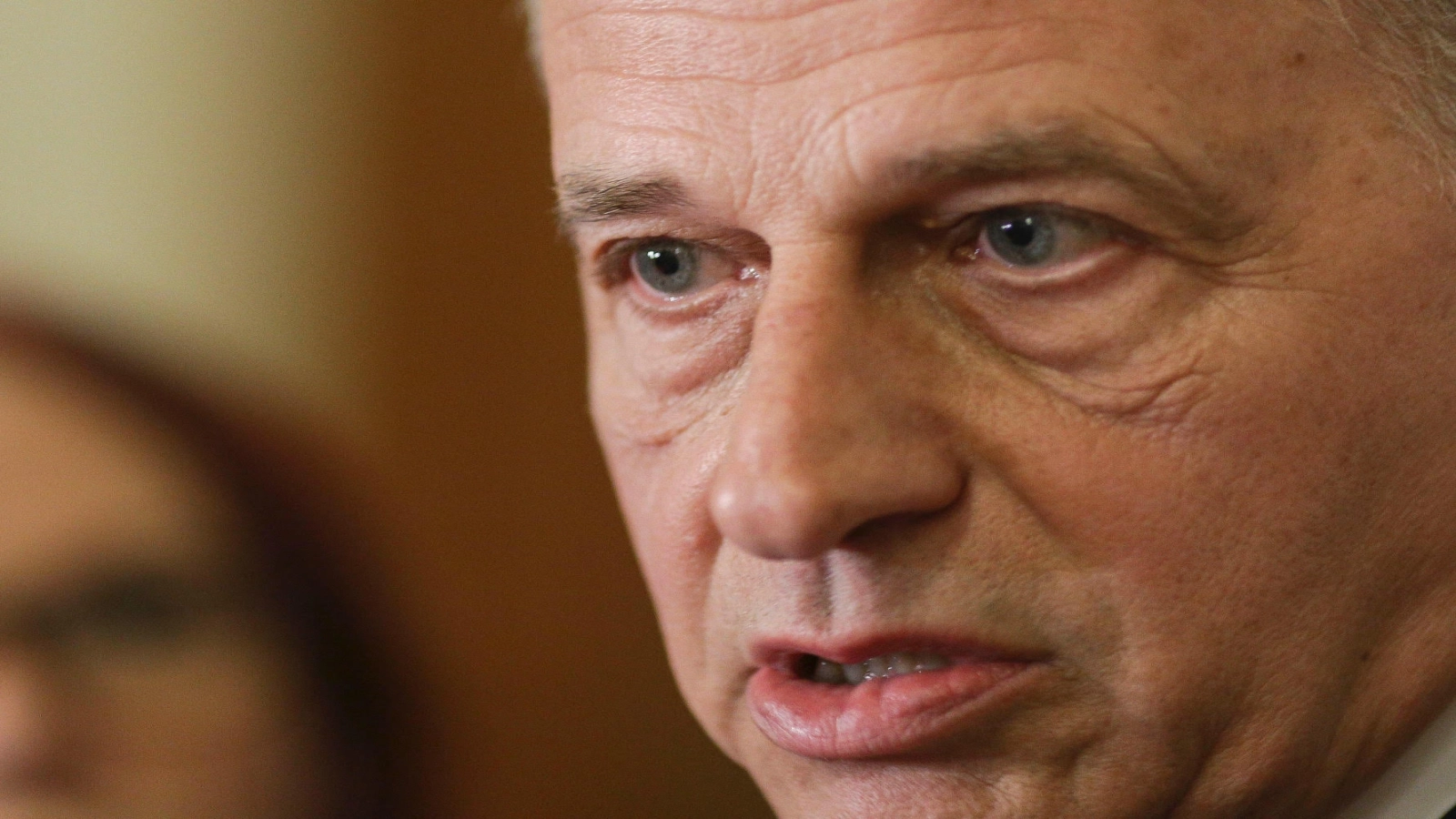
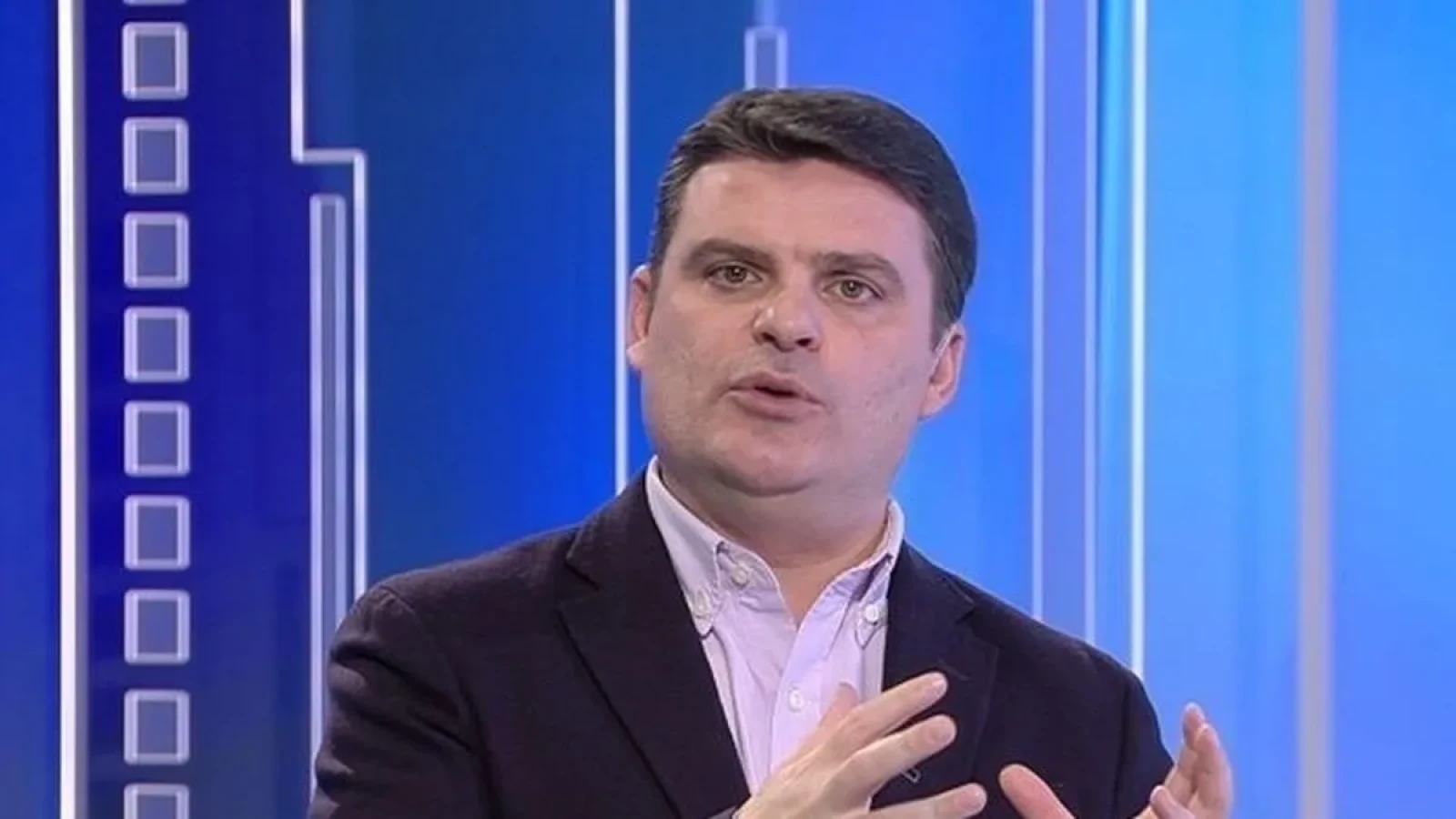
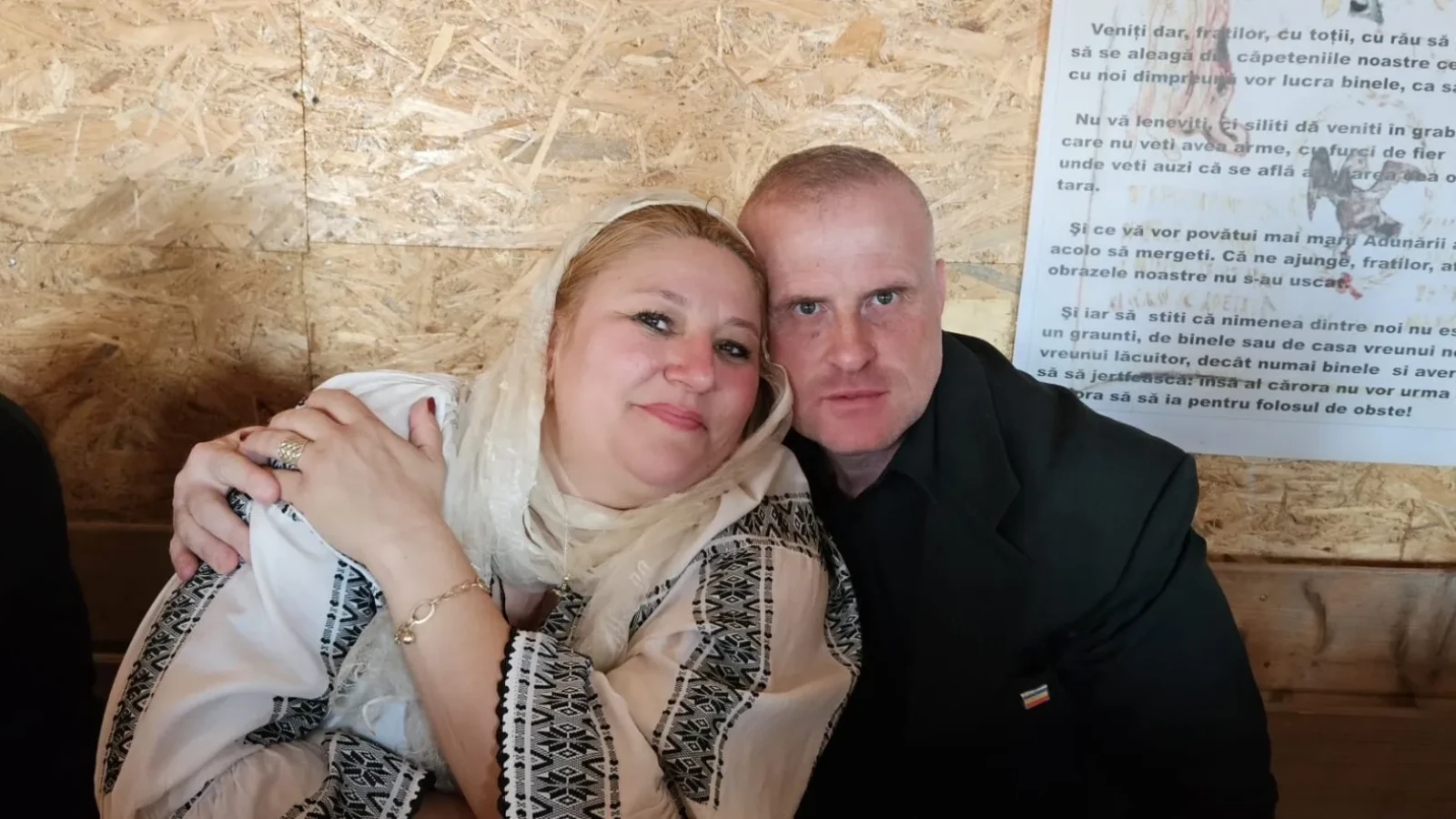

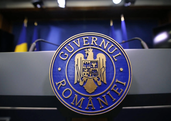
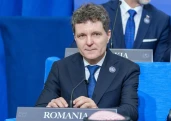
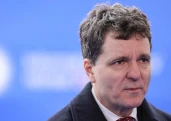
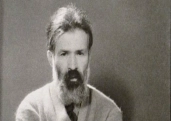

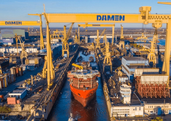
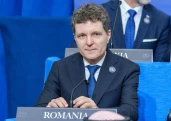
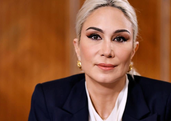
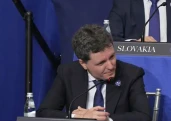
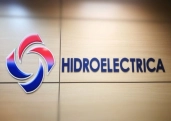
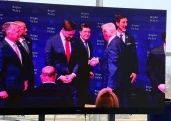
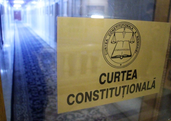



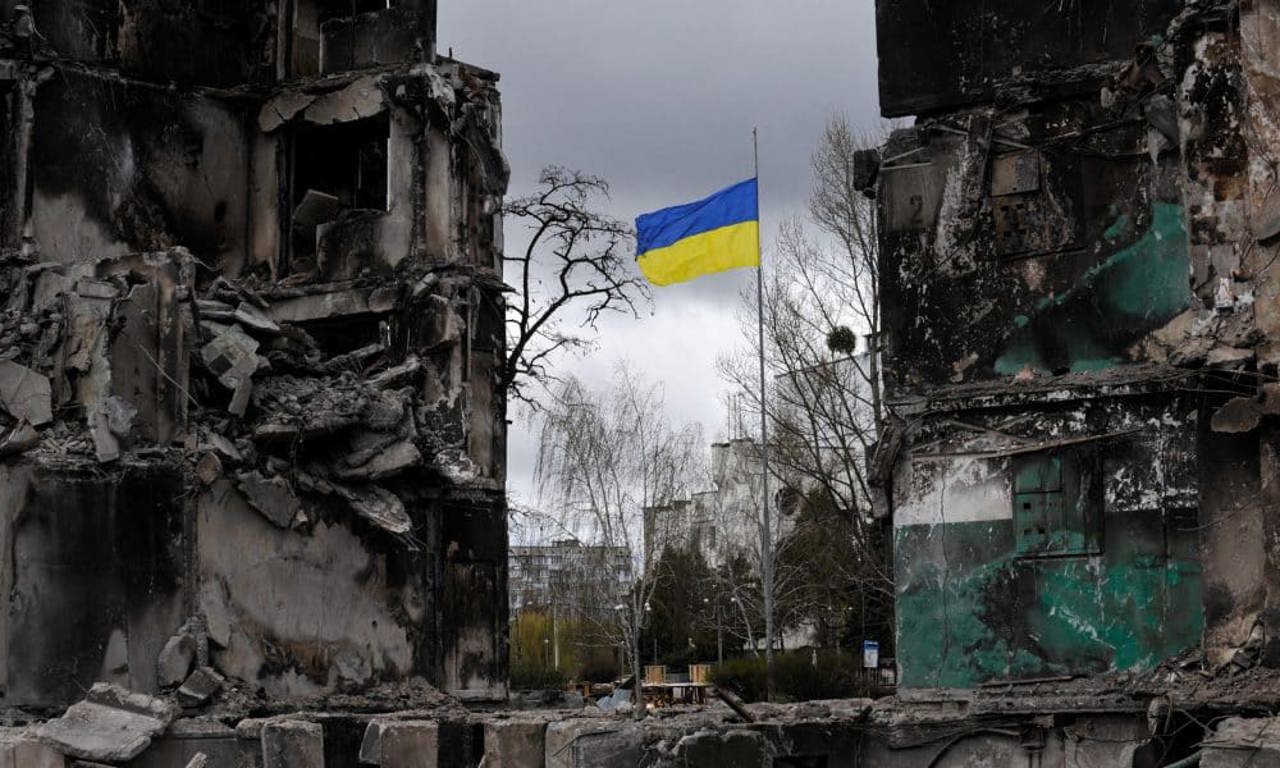
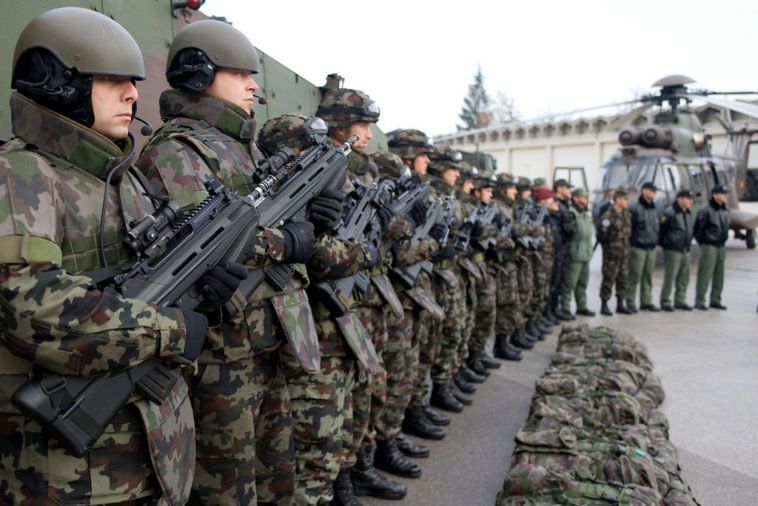

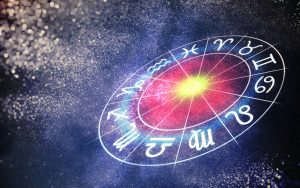
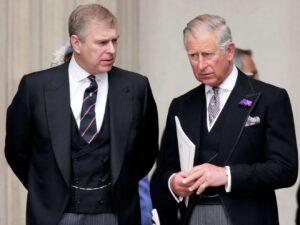






Comentează